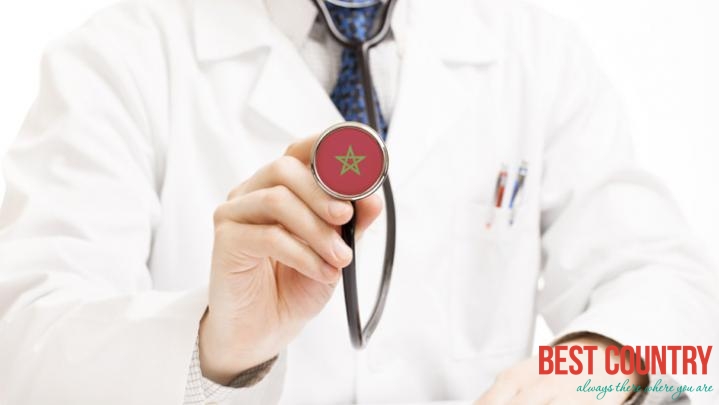Health care in Morocco

However, do not expect Western standards of treatment – with a healthcare system that’s vastly underfunded, public hospitals tend to be run down, lacking in facilities and may not be able to provide a comprehensive range treatments. It is recommended that visitors take out travel insurance that will cover medical treatment.
Food and drink:
Water sources outside main cities and towns may be contaminated and sterilisation is advisable. Bottled water is the best bet and is available everywhere. Milk is unpasteurised, so boil before drinking. Meat and fish should be freshly cooked and served hot. Vegetables are typically served cooked.
If eating fruit, try to stick to fruit that can be peeled before eating. Most produce is grown organically, without chemical pesticides or fertilisers but it’s highly likely to have been washed in unsterilized water, so it’s important to
Other risks:
Vaccinations against tuberculosis and hepatitis B are sometimes recommended. Malaria is not present in Morocco but travellers may want to take some form of mosquito repellent to avoid bites, especially if sleeping outside.
If venturing into higher altitude areas such as the mountains, take care to acclimatise first, as altitude sickness can bring on nausea and dizziness. Visitors should wear sunscreen and drink plenty of water to avoid heatstroke and sunburn.